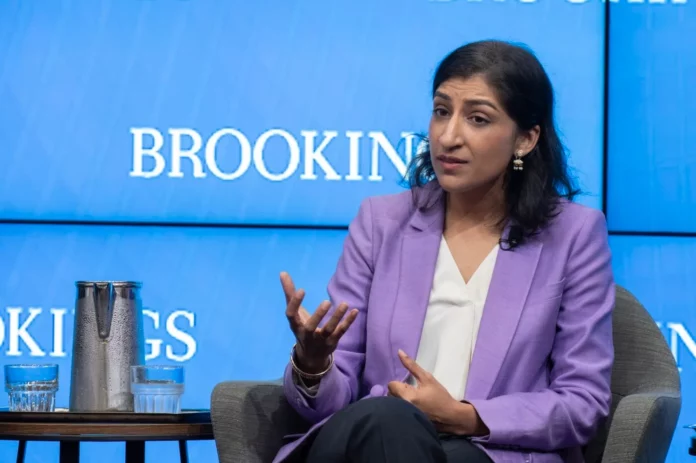The number of complaints about unwanted telemarketing calls in the United States has dropped by 50% since 2021, according to the FTC ‘s annual spam call report released on Friday. In 2023, the federal agency launched Operation Stop Spam Calls, which was one of many measures that helped reduce the number of annoying calls Americans receive from telemarketers.
The most common spam call complaint filed with the FTC last year was for medical services and prescriptions, followed by impersonators, and debt relief. Other categories rounding out the list include energy, solar, utilities, and home repair and cleaning complaints.
Some of the spam complaints involved live callers, but most were so-called robocalls. In fiscal year 2024, which ended on September 30, the FTC received 1.1 million complaints about robocalls, down from 1.2 million in 2023 and more than 3.4 million in 2021.
More than 253 million people are now registered on the Do Not Call list. In 2023, this number was 249 million, in 2022, 246 million, and in 2021, 244 million. Americans can add their number to the Do Not Call Registry by visiting donotcall.gov or by calling toll-free 888-382-1222. The call to this number must be made from the phone number you wish to register.
The new report contains some interesting data, including a ranking of the states with the highest percentage of people who have registered for the Do Not Call list. The states with the most active registrations relative to the population include New Hampshire, Connecticut, and Massachusetts. Alaska has the fewest registrations, with Hawaii and Texas not far behind.

State-level data on people who have registered for the Do Not Call list © FTC
The FTC report contains a detailed breakdown for each state and can be viewed on the agency’s website. And real progress has been made in getting rid of at least some of the unwanted calls. But FTC officials know they still have work to do.
“Illegal calls remain a scourge, but the FTC’s strategy of going after upstart players and equipping the agency to confront new threats is showing clear signs of success,” said Sam Levin, director of the FTC’s Bureau of Consumer Protection, in a statement posted online. “In the coming years, it is critical that we continue this progress by going after not only telemarketers, but also those firms that knowingly profit from fraudulent calls.”
The phrase “in the coming years” certainly sounds ominous after Donald Trump’s victory in the November 5 presidential election. After all, the alleged peak of the scam robocall era was in the late 2010s, when Trump was president. And it is unlikely that anyone Trump may appoint to the FTC will be as aggressive in protecting consumer rights as the current head of the agency, Lina Khan. In fact, given the names Trump has put forward for important positions, such as Pete Hegseth for Secretary of Defense and Matt Gaetz for Attorney General, it’s a safe bet that Hahn will be replaced by some complete clown with no qualifications other than loyalty to Trump.









